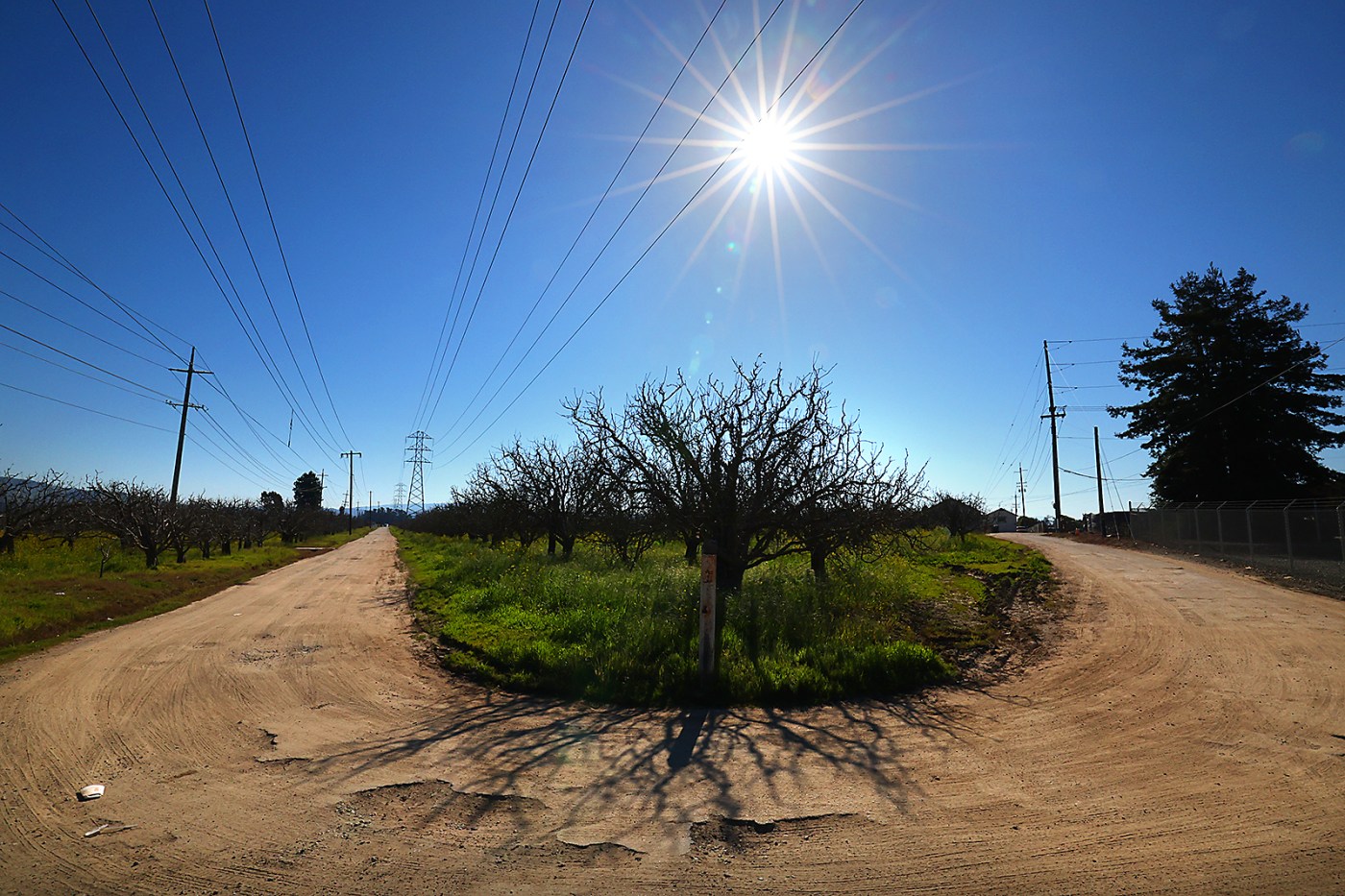Members of the Watsonville City Council have formally expressed their concerns regarding a proposed battery energy storage facility located on Minto Road, just outside the city limits. The council plans to authorize a letter addressing these issues during their meeting on October 17, 2023, as part of their consent agenda. This follows a presentation by New Leaf Energy, the company behind the project, which aims to construct the Seahawk Energy Storage Project on approximately 16 acres of a 47-acre parcel situated at 90 Minto Road, across from the Pacific Gas and Electric substation.
The proposed facility is intended to store clean energy in batteries for use during high-demand periods. New Leaf Energy asserts that this project will help mitigate the risk of rolling blackouts and public safety power shutoffs, ultimately strengthening California’s transition to renewable energy. The company stated, “The project will establish critical, new local infrastructure that will strengthen the electrical grid locally, while contributing to a greener and more sustainable power source.”
Despite these assurances, the project has faced significant opposition from local residents. This concern intensified following a fire at the Vistra Energy Storage Facility at the Moss Landing Power Plant in January 2025, which raised alarm over the safety of large-scale battery storage operations. Max Christian, project lead for New Leaf Energy, emphasized in the council meeting that the Moss Landing incident was an anomaly and that stringent safety measures have been implemented since then.
“Since 2022, the National Fire Protection Association updated its code section that regulates battery energy storage,” Christian explained. “A system like the one in Moss Landing would not even be permitted under these new standards.” He assured council members that the proposed facility would utilize modern containerized systems designed to minimize fire risks. The systems will feature remote monitoring, an aerosol-based fire suppression system, and double-walled, steel-sealed containers.
Despite these precautions, residents have voiced ongoing concerns about potential hazards associated with the project. These include proximity to schools and wildlife areas, air quality impacts, challenges for firefighting, and the risk of thermal runaway—where a single overheated battery cell can trigger a chain reaction leading to fires or explosions.
In their letter, the council members articulated the need for careful evaluation of these risks, stating, “The January 2025 fire at the Moss Landing facility illustrates the potential risks associated with large-scale lithium-ion battery storage, including fire hazards, chemical releases, and environmental impacts.” They highlighted the necessity for local input and robust safety regulations before any land use and zoning approvals are granted.
The council also advocated for an evidence-based approach to energy storage regulations, urging the county to prioritize public safety, trust, and the long-term resilience of the community. Copies of the letter were sent to various stakeholders, including Sen. John Laird, the Pajaro Valley Unified School District Board of Trustees, and Assembly Speaker Robert Rivas.
As a part of the meeting agenda, the council is also set to introduce an ordinance adopting the latest California Building Code standards, alongside a uniform code for the abatement of dangerous buildings. The public meeting is scheduled for 5:30 p.m. on October 17, 2023, in the Watsonville City Council Chambers, located at 275 Main Street. Prior to this, a closed session will take place at 4:30 p.m. to discuss legal matters.
The outcome of this proposal will be closely watched, as its implications could significantly affect the Watsonville community and its environment for years to come.






